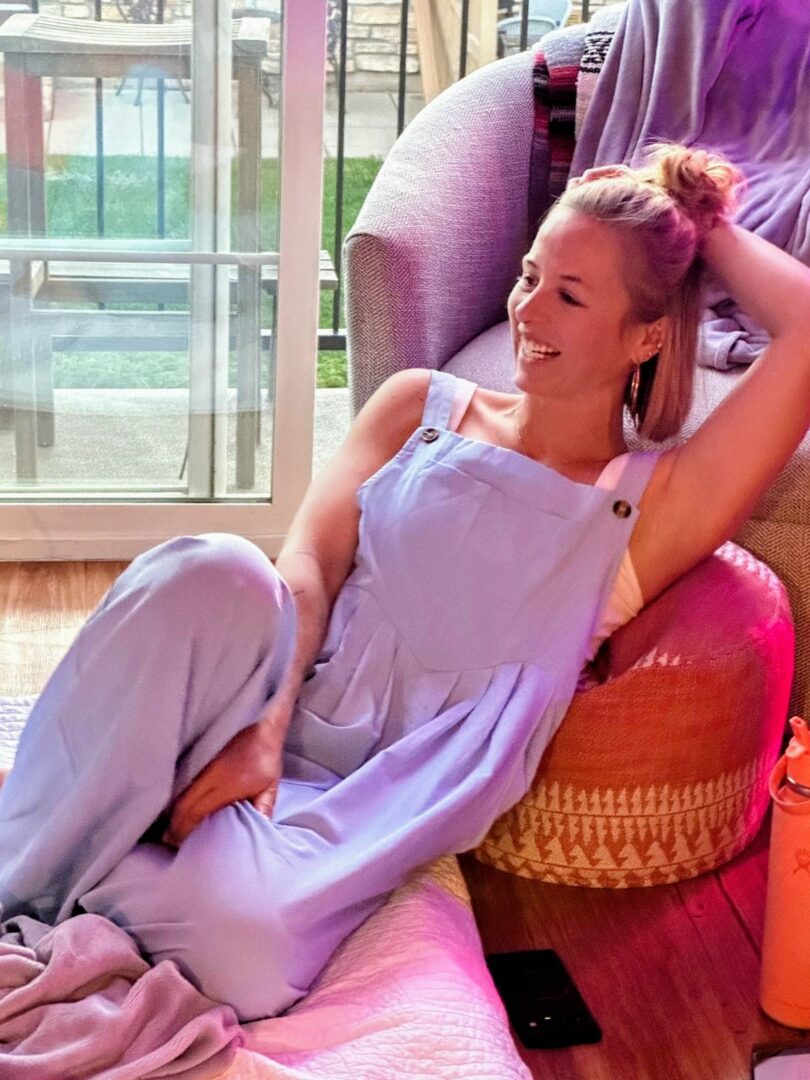We recently connected with Avery Collura and have shared our conversation below.
Avery, first a big thank you for taking the time to share your thoughts and insights with us today. I’m sure many of our readers will benefit from your wisdom, and one of the areas where we think your insight might be most helpful is related to imposter syndrome. Imposter syndrome is holding so many people back from reaching their true and highest potential and so we’d love to hear about your journey and how you overcame imposter syndrome.
Has anyone, really? I am not sure imposter syndrome is something we overcome as much as something we learn to walk alongside.
For me, the antidote has been community. I have intentionally surrounded myself with people who are committed to growth, who speak truth even when it is messy, and who live from the belief that healing is a collective act. Within those circles—whether in a coaching session, a Colorado Psychedelic Practitioners Cohort (CPPC) training cohort, or sitting in the living room with someone unpacking grief—I see again and again that no one has it all figured out. We are all just walking each other home, doing our best to be honest and brave at the same time.
After the sudden death of my husband and the unraveling of the life I thought I was building with him, I had to rebuild myself from the inside out. Recovery—especially from alcohol—invited me to drop the performance, to strip away the masks, to admit when I was lost. And what I found in those raw, messy moments was this: the more honest I became, the more connected I felt. The more I let people see the truth, the more I was reminded that I still belonged.
The more I lean into that truth, the less space there is for imposter syndrome to run the show. And still, I say to that part: welcome—you will always have a seat at the table with me. When I share vulnerably, I am met with connection. When I admit I do not know something, I am met with curiosity. And when I let go of needing to be the “expert,” I actually become more trustworthy—because people can feel that I am real.
I think part of what makes me effective in the spaces I hold is that I do not pretend to be anywhere other than exactly where I am. I am deeply trained, yes—but I am also still learning, still grieving, still unfolding. That openness tends to invite others to do the same. And in that shared space, there is no room for being an imposter—only room for being human.
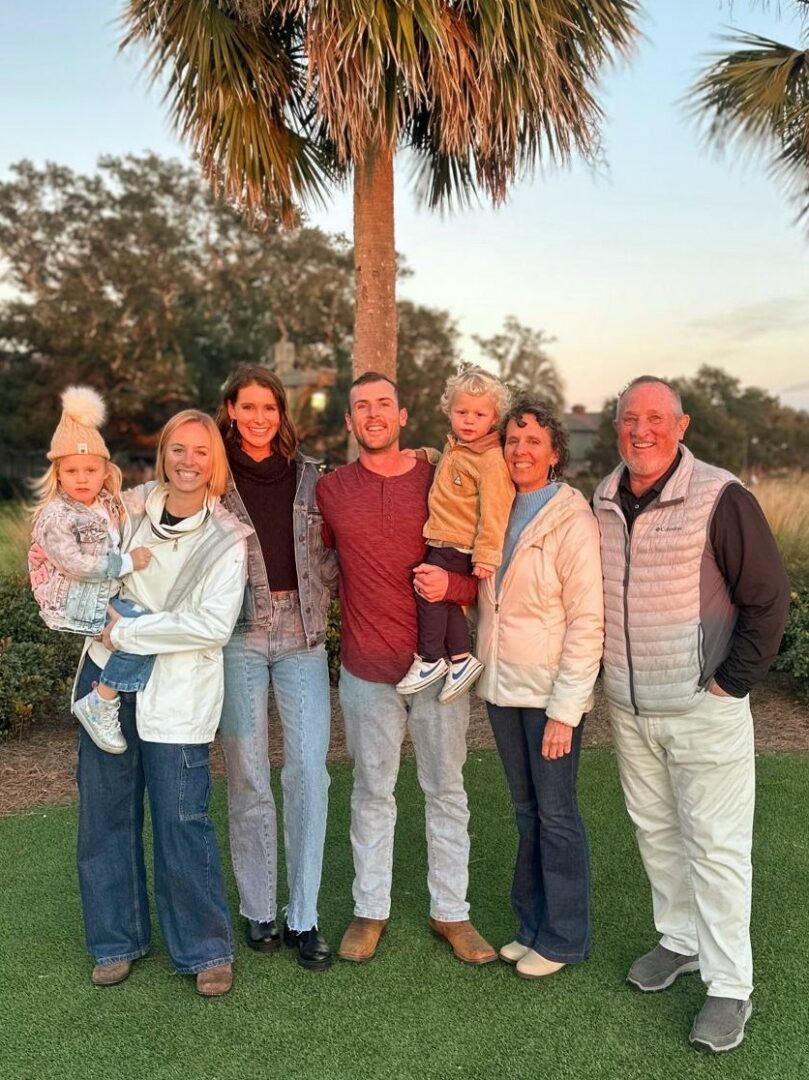
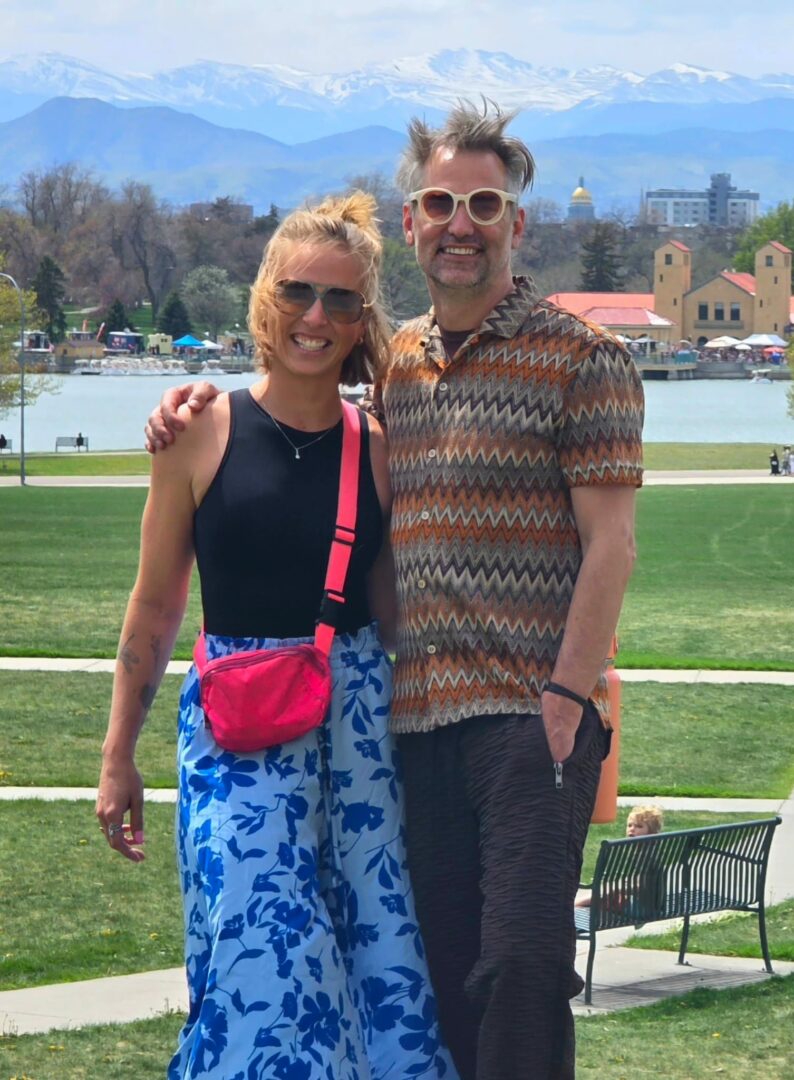
Thanks for sharing that. So, before we get any further into our conversation, can you tell our readers a bit about yourself and what you’re working on?
What I do is hard to define in one sentence—because it keeps unfolding in ways that are beautifully surprising. It is a devotion to transformation, to grief, to presence, to healing in all its messy and beautiful forms.
After the sudden loss of my husband in 2023, everything I thought I knew about life—and myself—was stripped away. I was left with a choice: numb out, disappear, or begin again. What followed was a year of radical rebuilding. I returned to the U.S., grappled with hopelessness, and reached what I now recognize as my rock bottom. And then—I got sober, with the incredible help of a place called The Sanctuary in Sedona. I began studying altered states of consciousness and completed intensive training in psychedelic-assisted therapy. And slowly, something true began to emerge from the rubble.
Today, I run Jellyfish Journeywork, a coaching practice that helps people shed emotional weight, reconnect to themselves, and find clarity in the chaos. I work with people navigating grief, addiction, big transitions, or that quiet ache of “there has to be more than this.” The Jellyfish Method I created is gentle and powerful—guiding clients through three phases: Unveil (awareness and honesty), Flow (emotional presence), and Alchemize (integration and transformation). It is designed to meet people exactly where they are, and help them move forward with courage and compassion.
I also co-lead the Colorado Psychedelic Practitioners Cohort (CPPC)—a peer-led training initiative for therapists, coaches, and healers who are entering the psychedelic space, or who are veterans from the underground, helping us shape this new world above ground. Our programs emphasize legal, ethical, and skillful practice, grounded in science and community—not hype or hierarchy. We believe peer support is the future of safe, accessible psychedelic work, and it has been deeply meaningful to help grow a network of over 500 practitioners in Colorado and beyond.
What feels most exciting right now is how these threads are weaving together. On the coaching side, I recently launched a new 6-week program called Deeper Discovery, and I am now offering Ketamine-Assisted Therapy in both low- and high-dose formats. On the training side, we are preparing for our new Ketamine-Assisted Therapy Training Program in partnership with Ballen Medical, launching in September 2025. We are also refining our next round of DMT Facilitator Trainings, kicking off in January 2026, along with a series of retreats that combine experiential learning with integration and ceremony.
Whether I am working one-on-one with a client or helping shape an emerging field, my work always comes back to the same core: honesty, presence, and the belief that healing is possible when we are truly seen.
You can learn more at:
Jellyfish Journeywork:
jellyfishjourneywork.com
CPPC:
psychedelicpc.org
Instagram:
@jellyfish_journeywork
@copsychedelics
Join a training or event:
CPPC Meetup – meetup.com/psychedelics/
LinkedIn:
https://www.linkedin.com/in/averycollura/
linkedin.com/company/jellyfish-journeywork
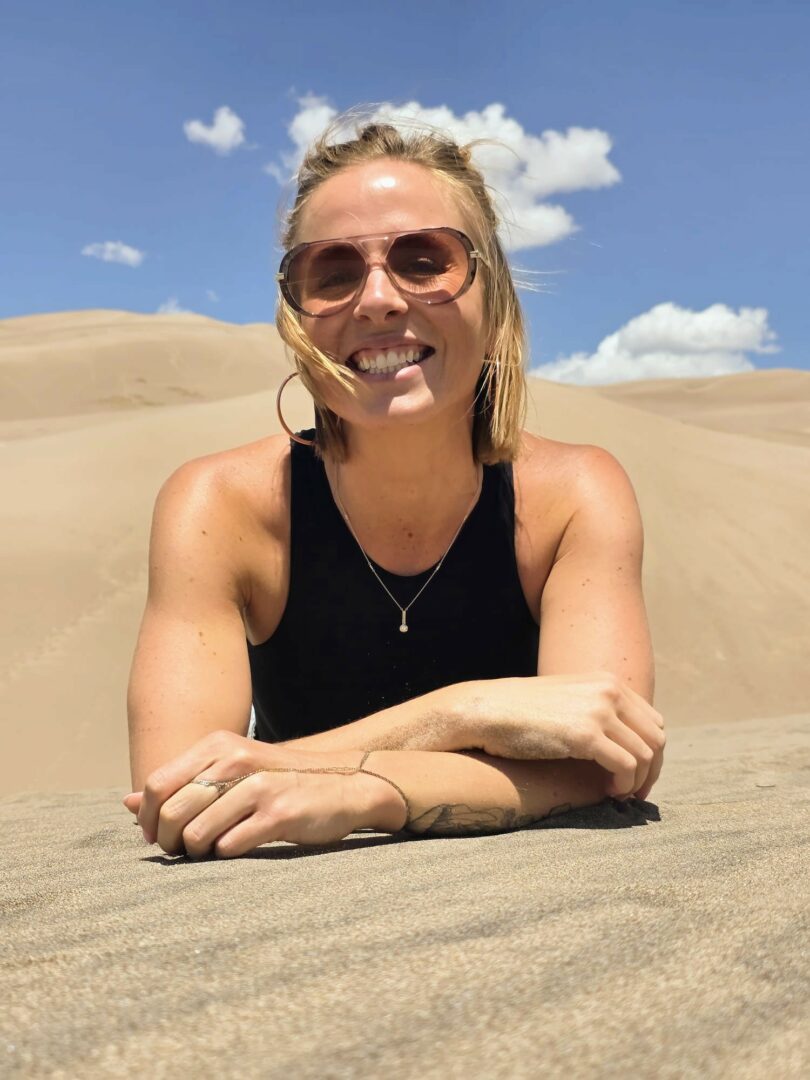
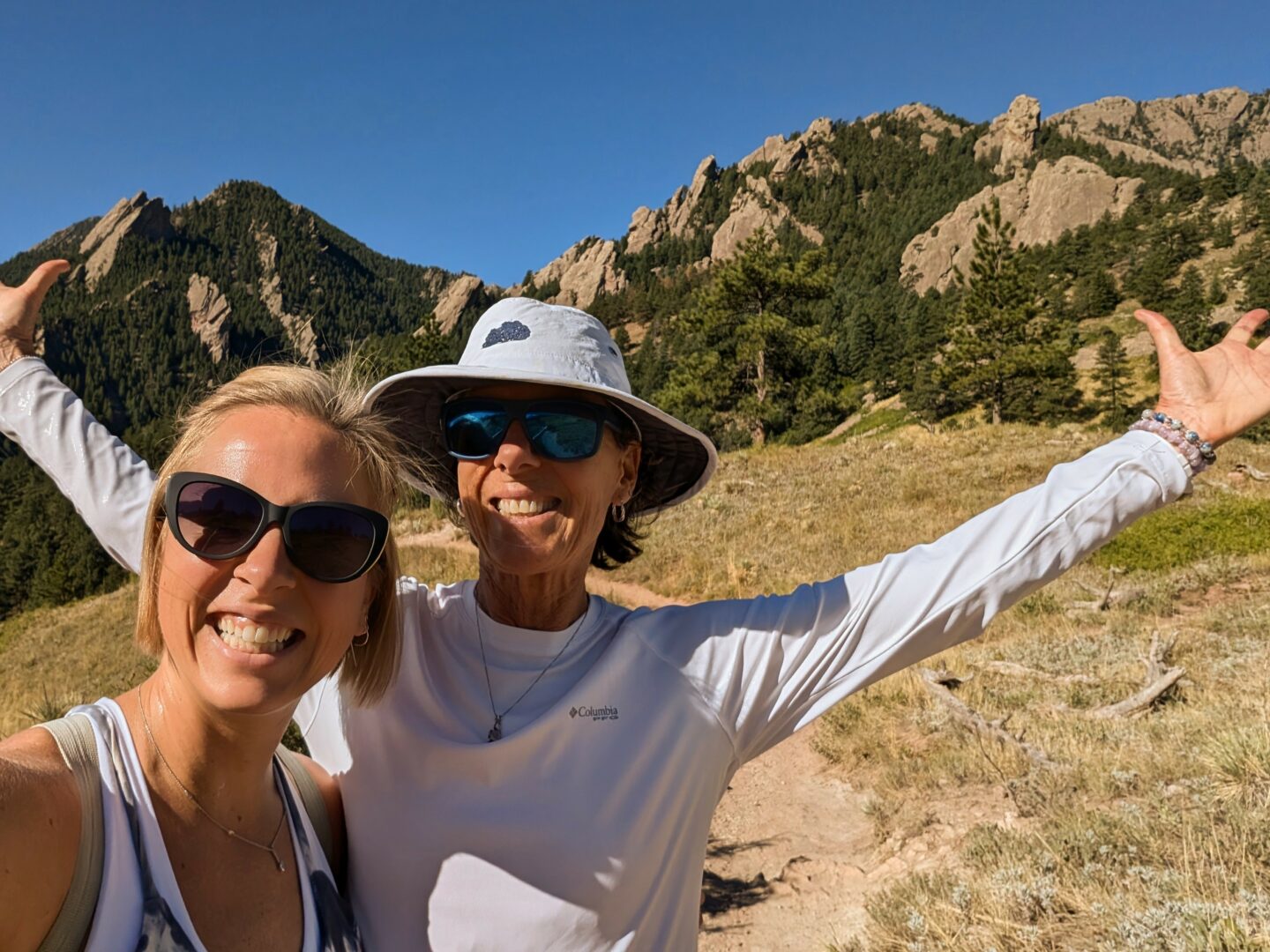
If you had to pick three qualities that are most important to develop, which three would you say matter most?
1. Learning how to sit with discomfort.
When my husband died, everything inside me wanted to escape—grief like that exposes a very raw and tender heart. I tried numbing. I tried disappearing. But eventually, I realized the only way through was through. Sitting with that pain became the most sacred initiation of my life. That practice—of turning toward the discomfort rather than away from it—laid the groundwork for everything I do now, from coaching to psychedelic integration to simply being present with people in their darkest hours.
My advice: Practice staying. Let your breath be the anchor. Notice what happens when you soften instead of tighten. You do not have to get it right—you just have to stay in relationship with yourself when it is hard.
2. The courage to tell the truth.
Sobriety demanded a kind of honesty I had never practiced before. I had to admit I was struggling. I had to let people see the parts I had spent years hiding. That truth-telling saved me—and eventually shaped the entire foundation of Jellyfish Journeywork and my work in the Colorado Psychedelic Practitioners Cohort. Today, I do not strive to be the expert. I strive to be honest, and to hold space for others to do the same.
My advice: Start with the truths you whisper to yourself when no one is around. Give them voice. Let your healing begin there. And remember—truth does not have to be loud. It just has to be real.
3. Community that reflects your becoming.
In my hardest moments—grief, early sobriety, the unraveling of everything I thought I was building—I survived because of the people who stayed close. People who could hold space without needing to fix me. People who mirrored my strength when I could not feel it myself. Whether through recovery communities, sacred circles, or peer-led trainings like CPPC, I have seen again and again that we heal best in relationship.
My advice: Seek out spaces where you feel safe enough to unravel. Let yourself be witnessed. Let yourself be known. The right community will not just hold your healing—it will amplify it.
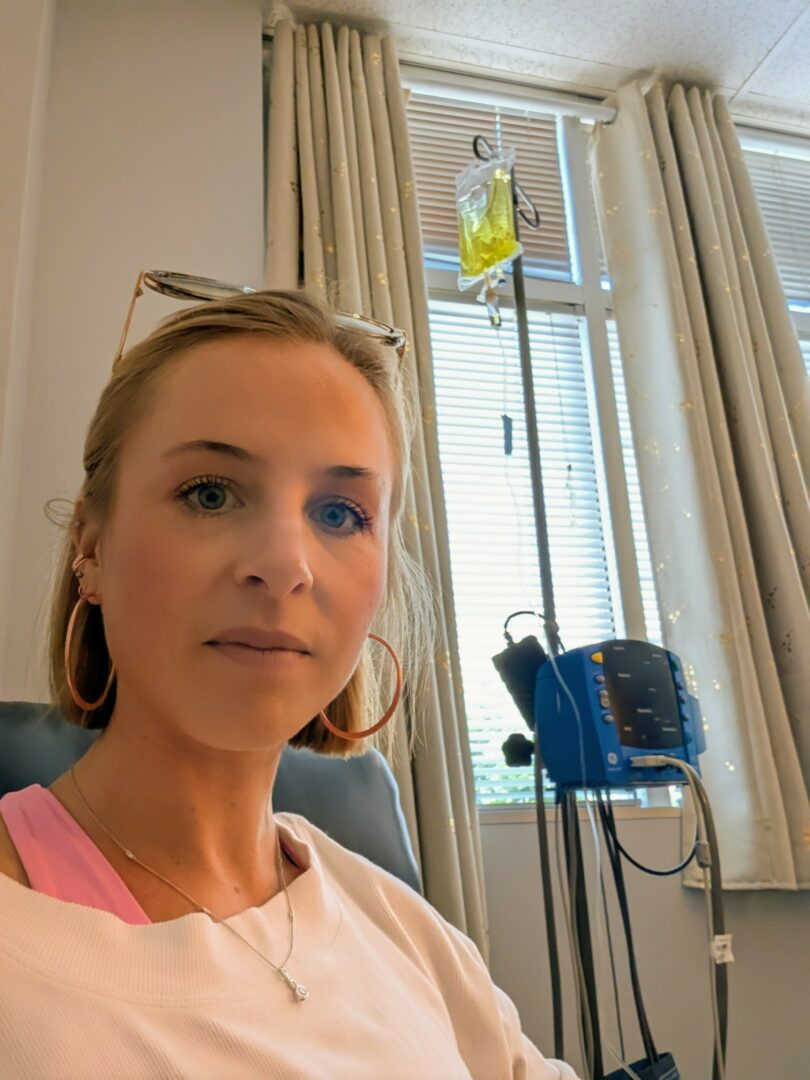
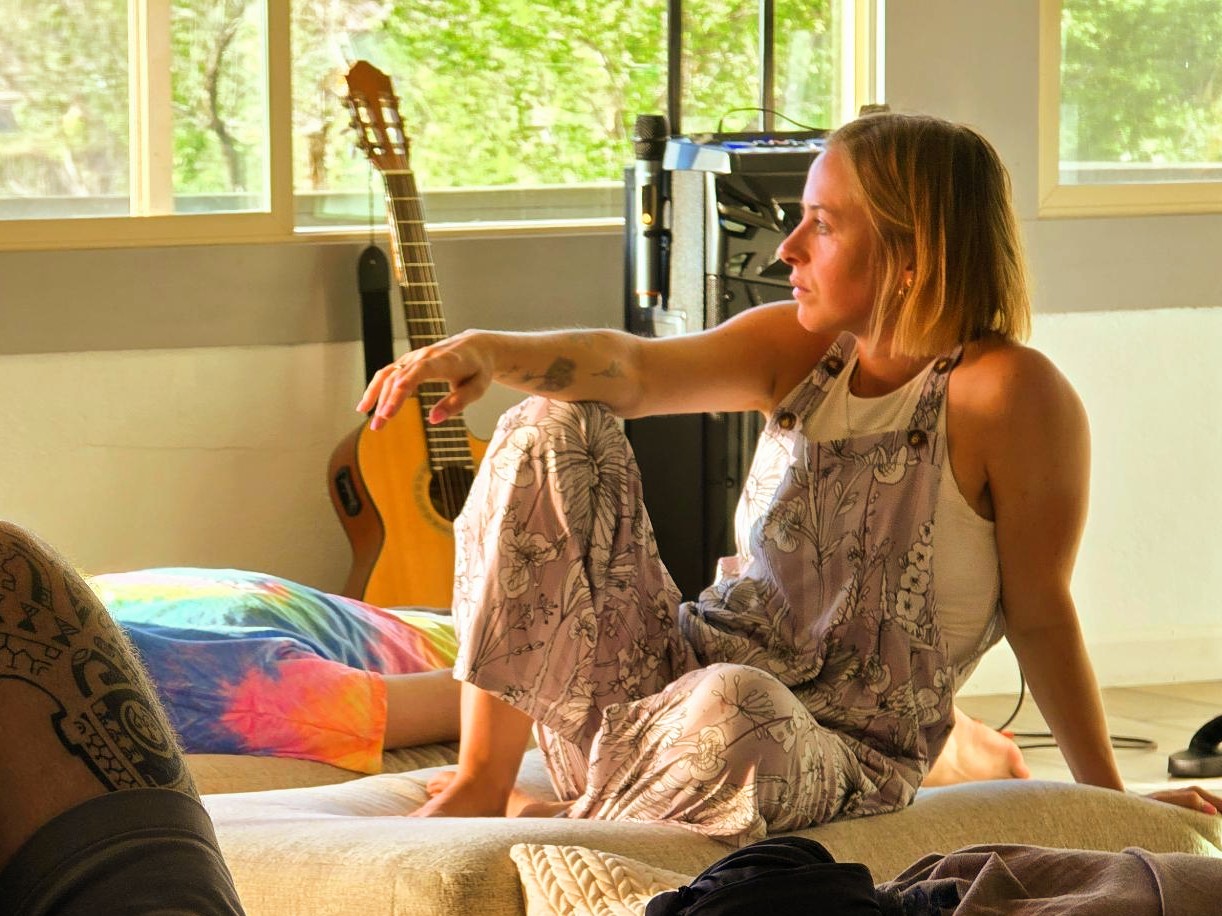
To close, maybe we can chat about your parents and what they did that was particularly impactful for you?
The most impactful thing my parents did for me is that they never stopped showing up. For them, the job of loving me was never over—and I have always known that. I could feel it in the big moments, like moving across the country or navigating grief, and in the small ones, like a check-in text at just the right time. They are my biggest supporters, my first phone call, my grounding place.
But it is more than that. As I have gotten older, I have watched them grow, evolve, and soften in ways that continue to impress me. They have not just parented—they have become. And being a witness to their becoming has been one of the greatest honors of my life.
Now, it is not just my parents—it is my brother, my sister-in-law, my niece and nephew. My family is everything to me. They are the solid, unwavering love that allows new love to keep coming in. The kind of love that changes shape but never leaves. That is what gives me the capacity to keep expanding in my work, to hold complexity, and to meet people where they are without judgment. Because I know what it feels like to be held.
The safety I experienced in my family system—especially in adulthood—is not something I take for granted. It has given me a deep well to draw from when I sit with clients in their own pain, their own rebuilding, their own not-knowing. It helps me show up with steadiness and warmth. Because I have known that kind of love, I trust that it is possible for others to know it too.
And that is what my work is about, at its core. Helping people remember what it feels like to be safe, seen, and supported—so they can begin to build that same sense of trust within themselves.
Contact Info:
- Website: jellyfishjourneywork.com ; psychedelicpc.org
- Instagram: @jellyfish_journeywork ; @copsychedelics
- Linkedin: https://www.linkedin.com/in/averycollura/ ; linkedin.com/company/jellyfish-journeywork
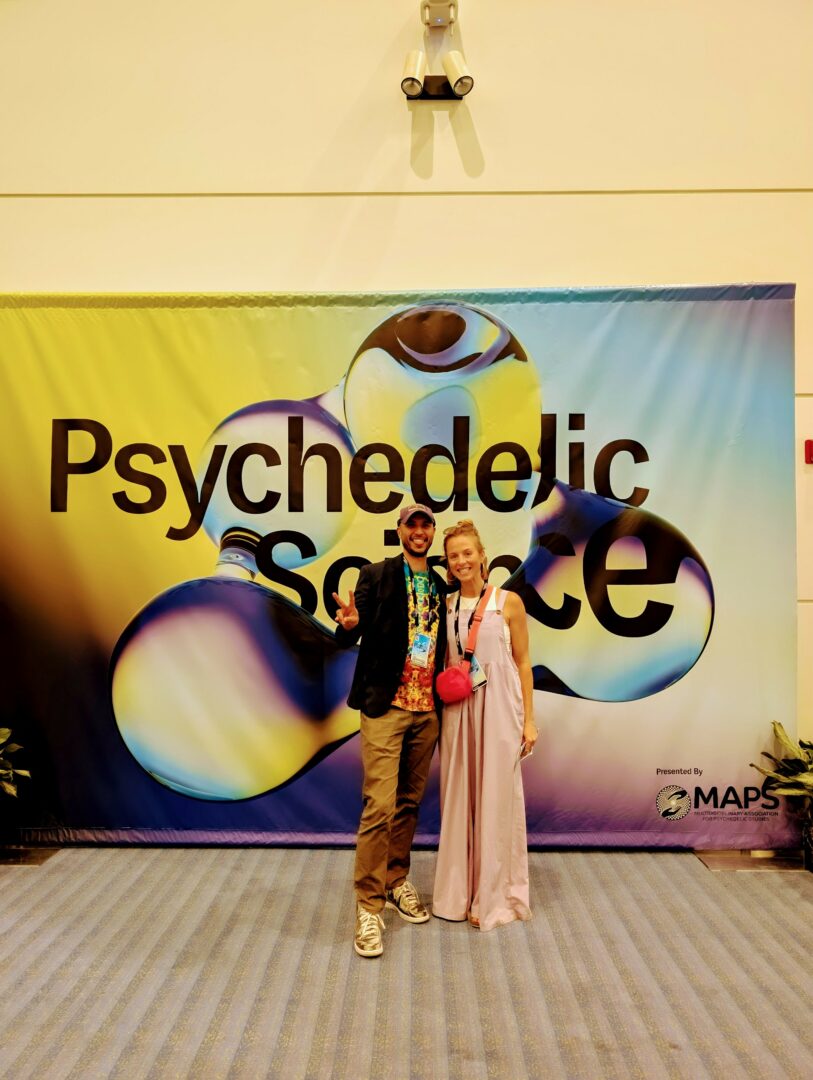
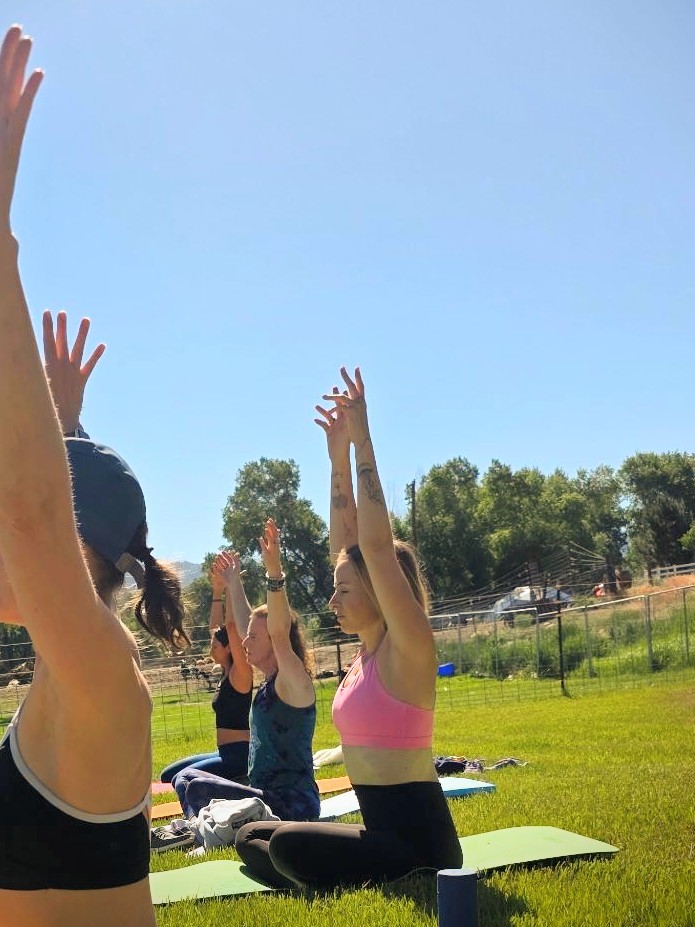
so if you or someone you know deserves recognition please let us know here.

